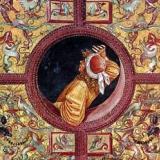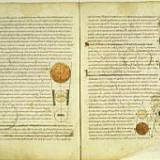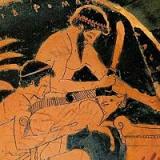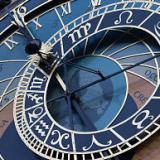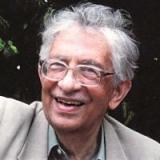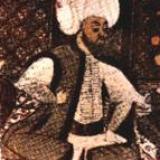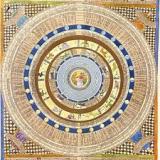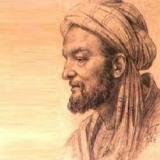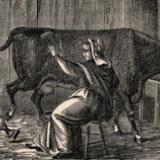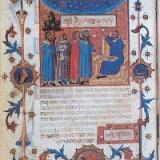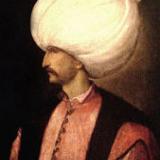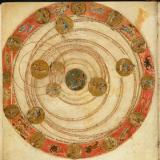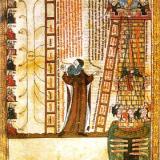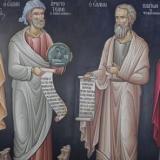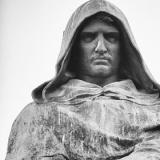Eternity of the Universe
Posted on
Peter discusses the Presocratic philosopher Empedocles and his principles: Love, Strife, and the four “roots,” or elements.
Posted on
Peter looks at Plato's Timaeus, focusing on the divine craftsman or demiurge, the receptacle, and the geometrical atomism of Plato's elemental theory.
Posted on
Proclus’ system, presented in original works and in commentaries on Plato and Euclid, integrates Neoplatonic philosophy with pagan religious belief and practice.
Posted on
John Philoponus refutes Aristotle’s and Proclus’ arguments for the eternity of the universe, and develops new ideas in physics.
Posted on
Sir Richard Sorabji, founder of the Ancient Commentators Project, joins Peter to discuss the history of ancient commentary on Aristotle.
Posted on
Al-Kindī uses Hellenic materials to discuss the eternity of the world, divine attributes, and the nature of the soul.
Posted on
Saadia Gaon draws on philosophy and Islamic theology to provide a rational account of Jewish belief.
Posted on
Avicenna’s proof of the Necessary Existent is ingenious and influential; but does it amount to a proof of God’s existence?
Posted on
In his Incoherence of the Philosophers, al-Ghazālī attacks Avicenna’s theories about the eternity of the universe and insists on the possibility of miracles.
Posted on
Peter tests different approaches to interpreting Maimonides, focusing on his discussion of the eternity of the world, which tries to settle the debate by declaring a draw.
Posted on
Kātib Çelebi defends cigarettes and coffee and Khojozāda wins a prize for evaluating the Incoherence of the Philosophers, along with several other philosophical and religious debates in the Ottoman empire.
Posted on
Aquinas, Bonaventure, and the so-called “Latin Averroists” take up the question of whether the universe has always existed, and settle once and for all which comes first, the chicken or the egg.
Posted on
The Renaissance ideals of humanism and universal science flourish already in the medieval period, in the works of Petrarch and Ramon Llull.
Posted on
The trial of John Italos and other signs of Byzantine disquiet with the pagan philosophical tradition.
Posted on
Giordano Bruno’s stunning vision of an infinite universe with infinite worlds, and his own untimely end.

